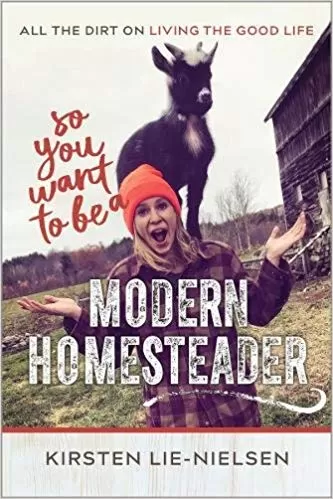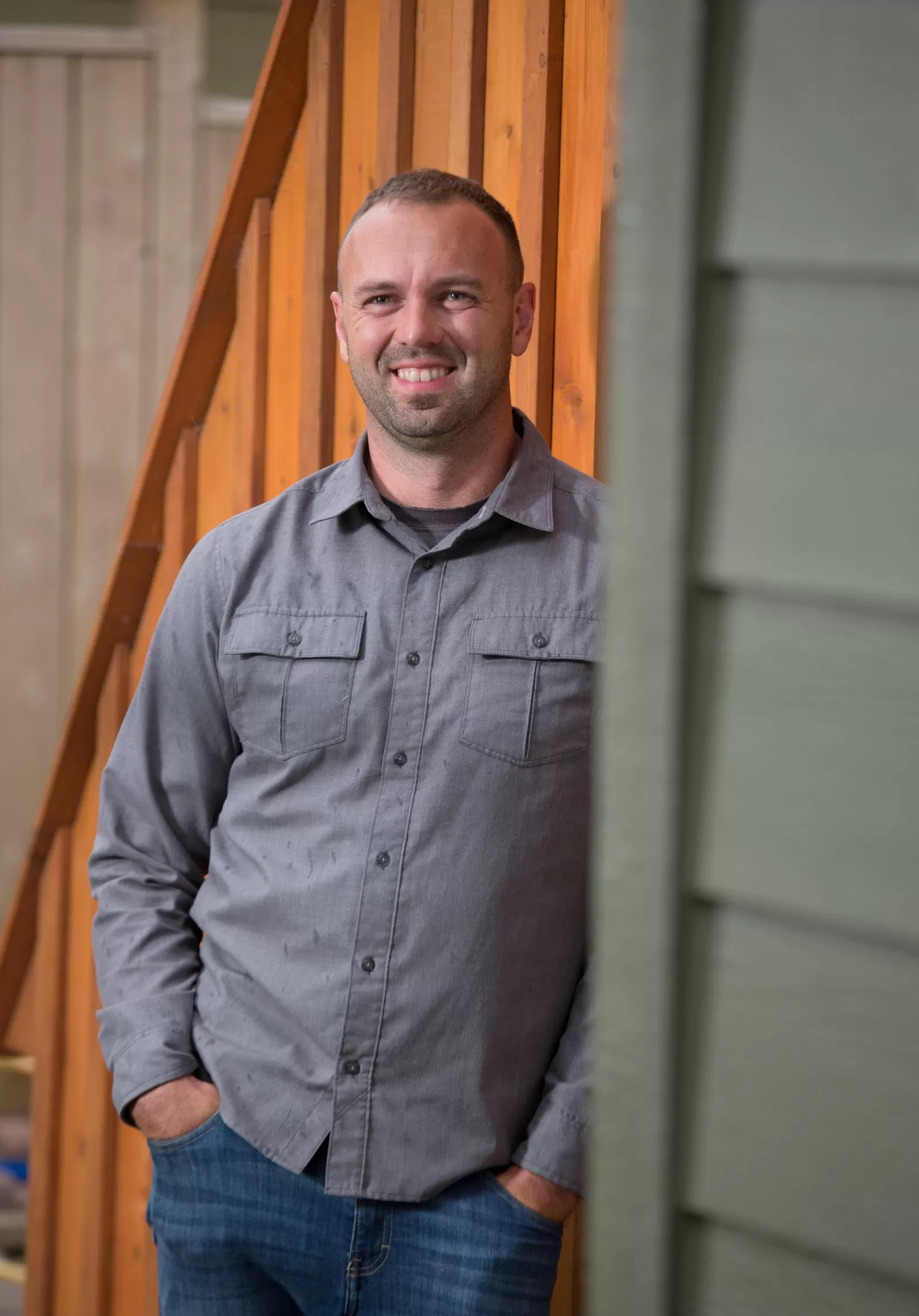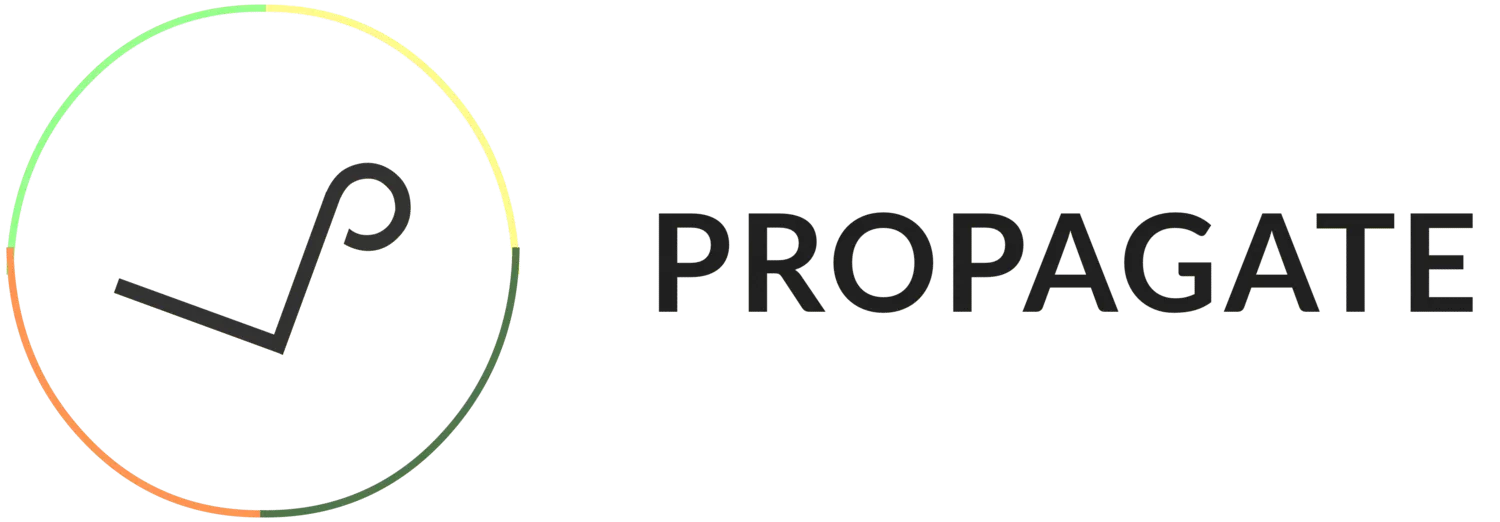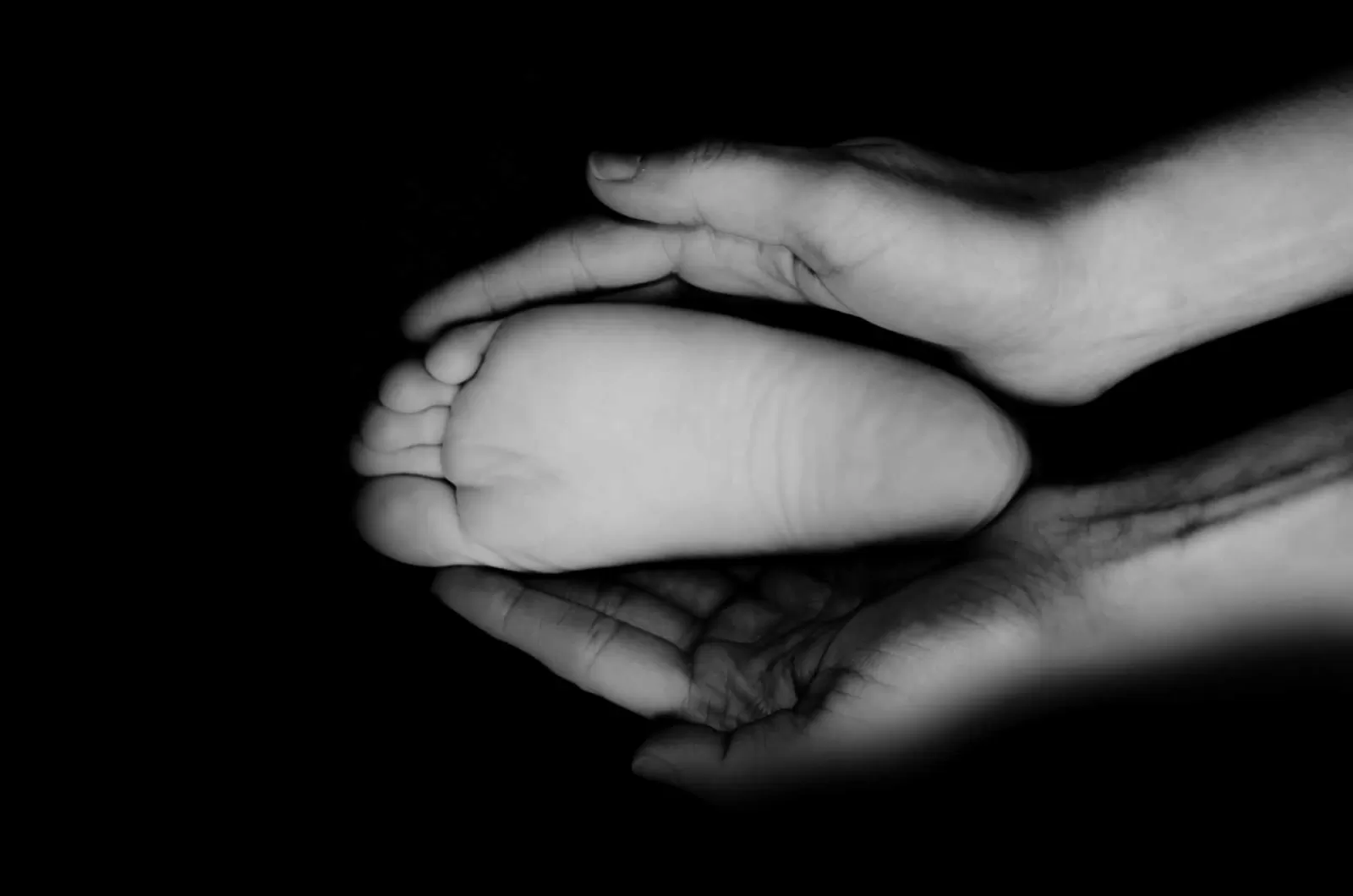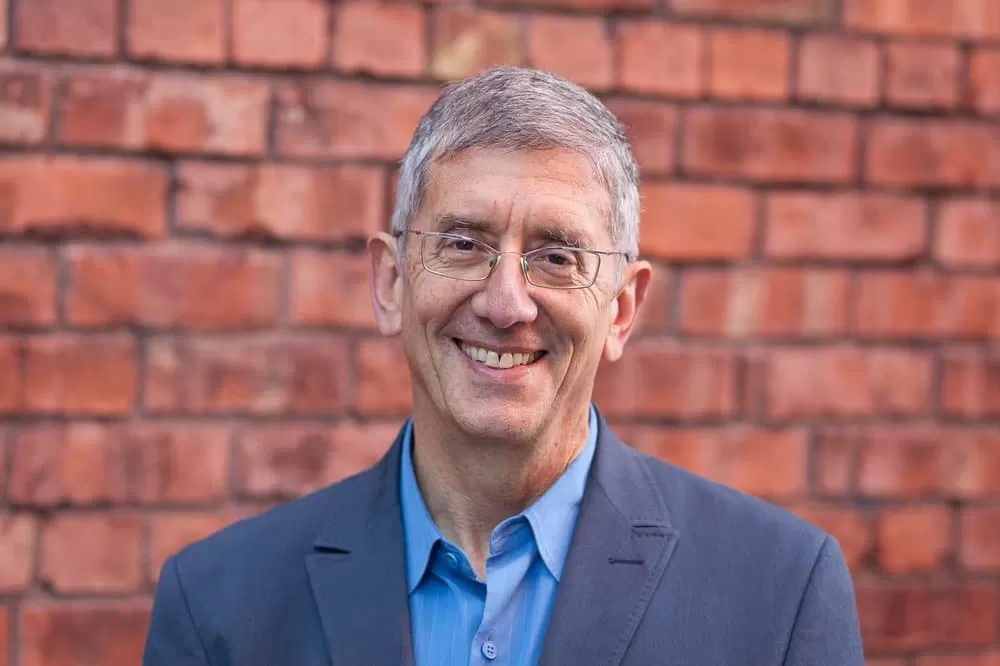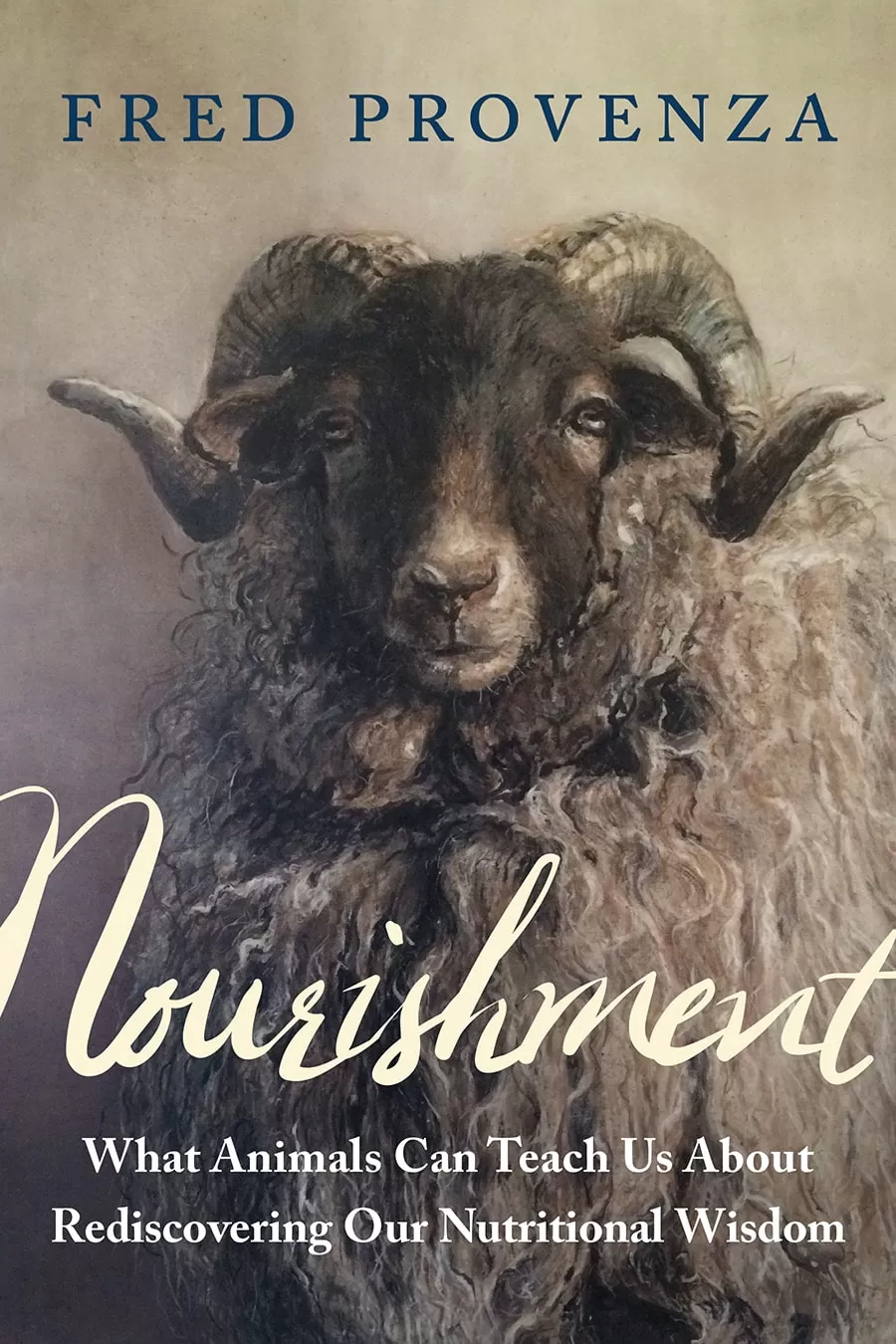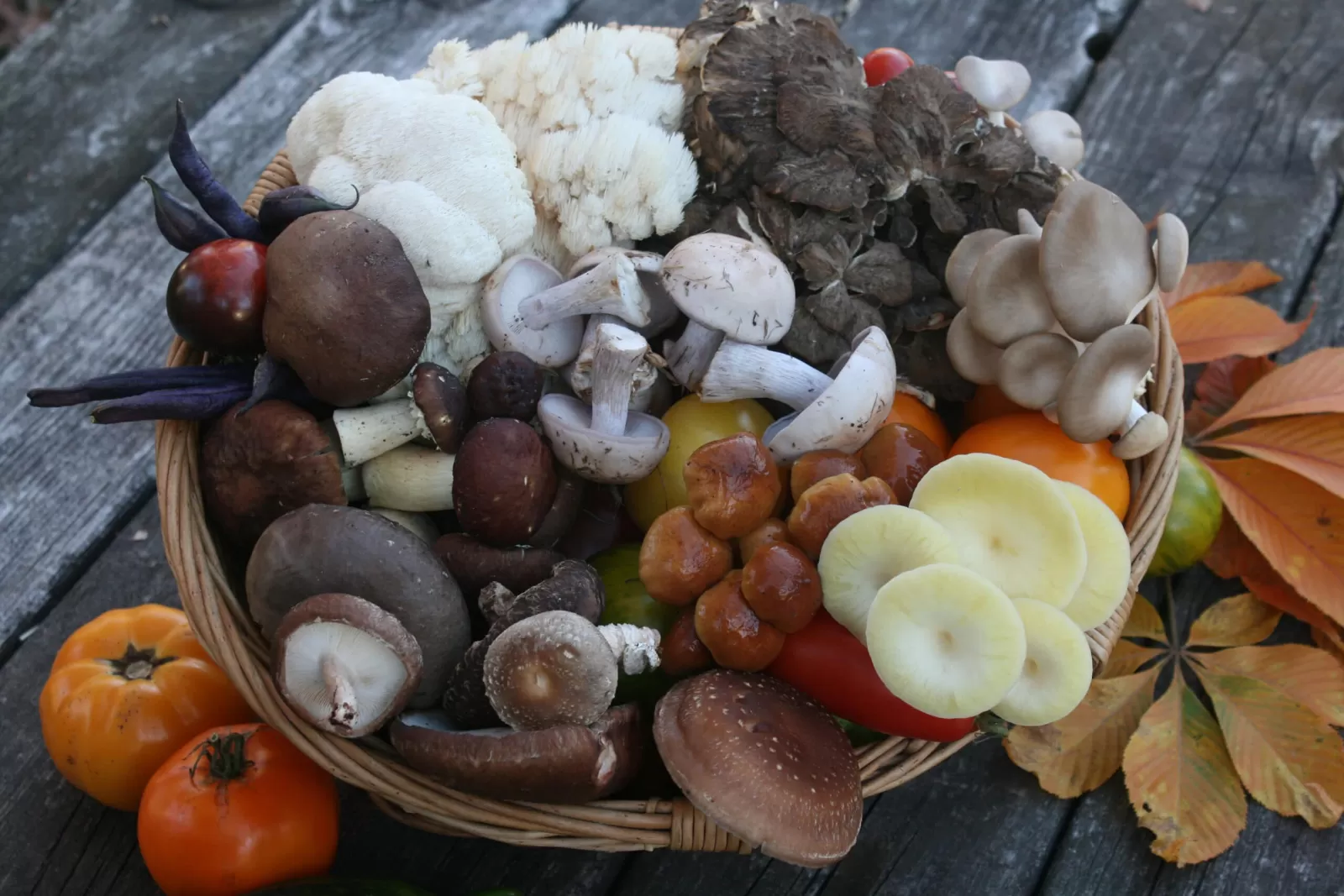Zev Friedman - Co-Operate WNC, Mutual Aid, and the Scale of Collaboration
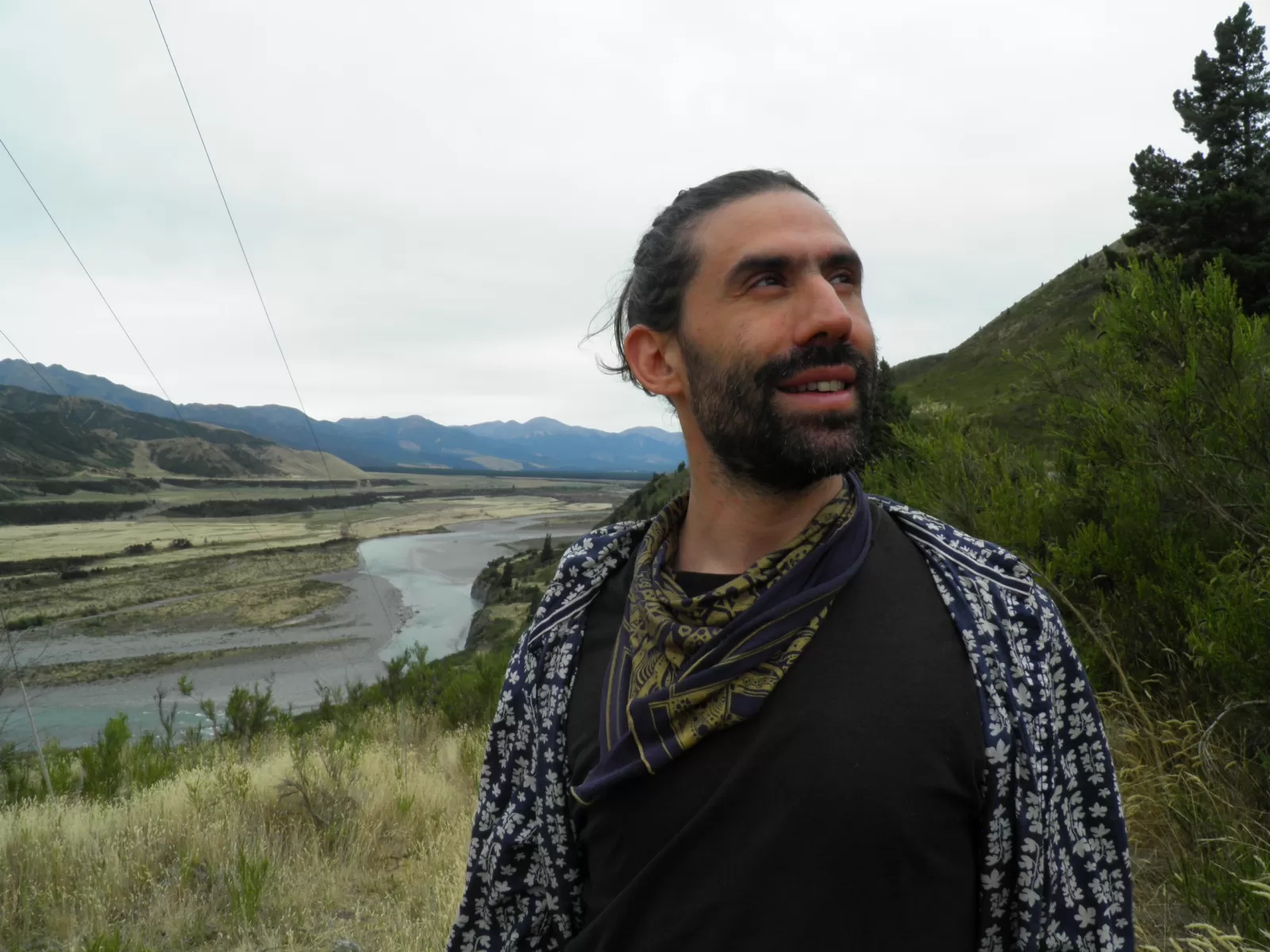
My guest today is Zev Friedman, founder of Co-Operate WNC, a mutual aid organization in Western North Carolina.
A long-time permaculture practitioner, Zev’s current area of interest is similar to my own: supporting people, communities, and organizations to see the long-term implementation of Earth restoring and human healing systems. One of those ways is through the use of Mutual Aid, as outlined by Kropotkin and others throughout the 20th century, to share resources and various forms of capital across a community of like-minded individuals.
Using Mutual Aid as the basis for our conversation, Zev leads us through the scale on which this kind of cooperation occurs, more than as close friends and family, but much smaller than a nation-state. As we talk about today, we’re looking at regional groups and hubs that support the members and can also network with one another. As environmentally-minded folks, we also consider the lessons from the bioregional movement when considering where to draw our lines of association as the peoples of a river, mountains, or woodland. However we decide to associate, ideally in-person but even virtually, we can all work together to render aid to those who share our goals and desires.
You can find more about Zev and his work with Co-Operate WNC at wnc-mutual-aid.org
I’d also like to thank Jennings Ingram for getting me in touch with Zev. Jennings is an awesome permaculture practitioner out of Asheville, North Carolina, whose work you can find on Instagram at green.catalyst.
As you can hear throughout the conversation with Zev, I am a fan of mutual aid organizations, and participate in a private fraternity that has many of the same hallmarks when it comes to people care and the overall size and geographic distribution for such an organization. It’s more than a single person can administer to, while connecting more people than we might know, or like, as individuals. I see the development of Mutual Aid organizations, as informal as the fraternity or as formal as Co-Operate WNC, as ways for us to bring people together through free association, without the need for a large bureaucracy, to work together for change on scales that we cannot readily accomplish on our own. Also, though they are capable of a 501(c) status in the United States, they rest outside the range of what a non-profit might normally offer regarding educational or outreach goals. Rather than providing aid to a community directly, Mutual Aid organizations render this to the members. I think we see a lot of organizing like this already within the permaculture community, through the Permaculture Action Network, which you’ll hear more about in the next interview, to the various Permaculture Associations for permaculture professionals such as PINA, PAN, or the Permaculture Institutes. Mutual Aid organizations can provide similar benefits, but in the social and community space. As Zev is looking to work with existing groups in his area, what organizations where you reside could you see using this model to assist? What about creating a gardening mutual aid society? Or a skill share society? Or a family and childcare society? Whoever you wish to work with, however you want to help, there is a way to do so with Mutual Aid, right now.
Check out Co-Operate WNC and the other resources Zev mentioned, and take the next step where you are. Need help with this? Get in touch and I’ll do what I can to connect you with ways to move forward.
Resources:
Co-Operate WNC
Down Home NC
Collective Courage: A history of African American Collective Economic Thought and Practice
Ithaka Institute
Humans United in Mutual Aid Networks
Hive Story: The Mutual Aid Podcast
Milpa: From Seed to Salsa
Related Interview: A New-Horticultural Revival with Chuck Marsh

